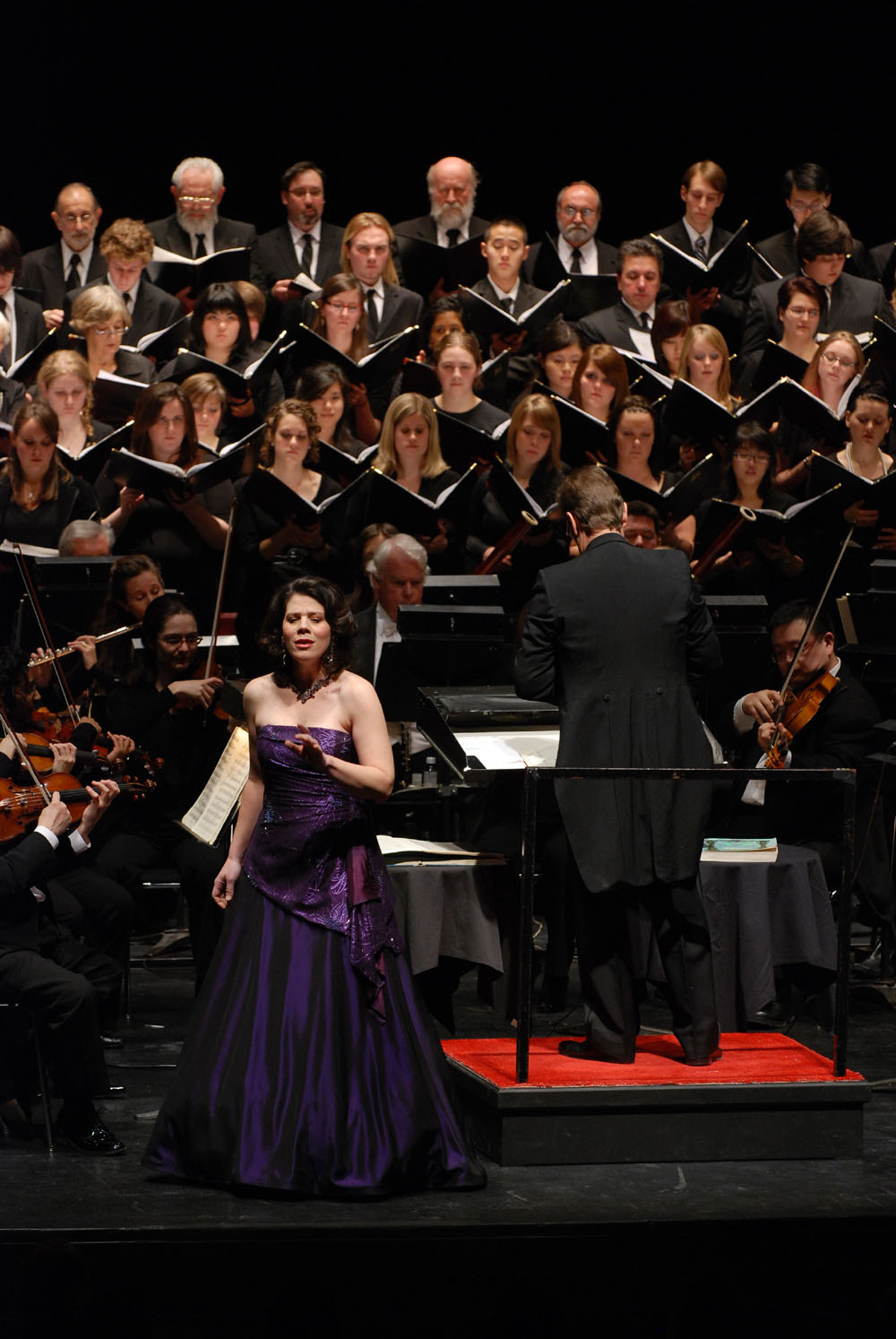

He’s not Tannhäuser-lite (I don’t require a Melchior-type of darkness), but even Windgassen, with a similarly non-heroic sound, implied more angst. Perhaps I’m asking too much, especially since just getting the notes out of this role is enough of a challenge, but that’s how it comes across. There’s rarely a sense of gloom or doom (not to mention Weltschmerz) here as there should be with Tannhäuser despite some good ranting during the lengthy “Rome Narrative” we never feel that he’s in any sort of psychic pain. Further, his tone is bright and ringing–and believe it or not, this presents a problem.

Of Peter Seiffert, you might find only good things to say: His attention to the text makes his every utterance interesting, the voice is attractive, and he seems tireless. Best is Rene Pape’s resonant, authoritative Landgraf, making the most of this sometimes windy character indeed, his is the most beautiful voice I’ve ever heard touch this music.

Not all the solo singing is as compelling. Indeed the second act here holds together better than I’ve ever heard it before, with a clear build-up of tension in the song contest that reaches an explosion with Tannhäuser’s obsessed outburst and Elisabeth’s defense of him. Almost equally wonderful is the leadership of Daniel Barenboim, who makes absolute sense of this oft-revised, somewhat stylistically hodge-podged score and drama. The Staatskapelle Chorus and Staatsoper Orchestra are the real stars here, playing and singing with clarity, shine, and a depth of feeling and understanding that is gloriously underscored by Teldec’s exquisite recording. (For the complete Paris edition, Sinopoli/Domingo on DG or Solti/Kollo on Decca is recommended). For the most part, this is the Dresden version of Tannhäuser, although the sirens’ song after the overture borrows from the Paris edition.


 0 kommentar(er)
0 kommentar(er)
